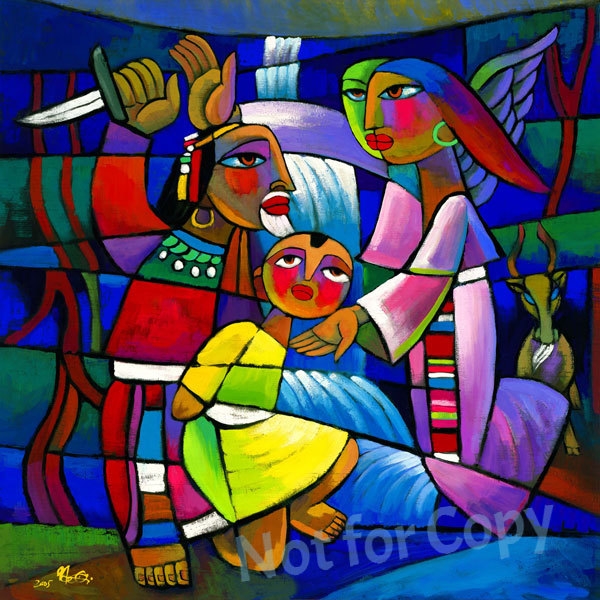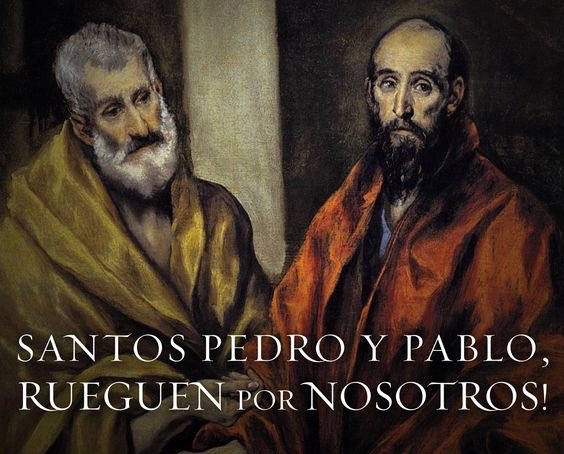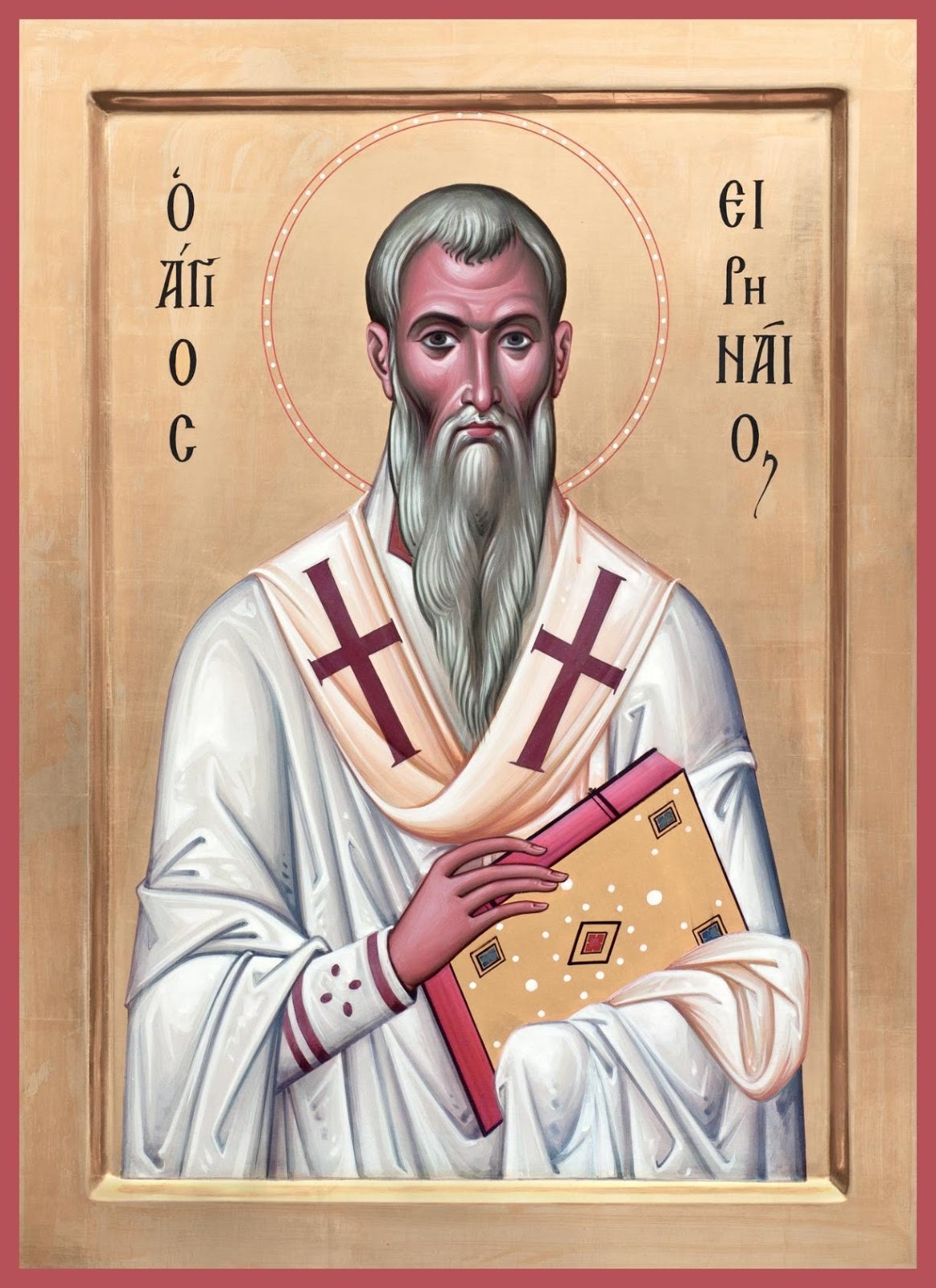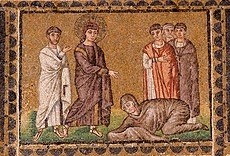These reflections are a result of more than 40 years of ministry as a Roman Catholic priest. Most of these years I spent in the Diocese of Charlotte which covers Western North Carolina. Now I am retired, and live in Medellín, Colombia where I continue to serve as a priest in the Archdiocese of Medellín.

God put Abraham to the test.
(Gen 22:1b-19)
The testing of Abraham is one of the great challenges of the Scriptures. Perhaps the Exultet from the Easter Vigil can help us to understand this difficult passage:
O God, how wonderful your care for us!
How boundless your merciful love!
To ransom a slave, you gave up a Son!

Responsorial Psalm (Psalm 34)
R. The Lord hears the cry of the poor.
When the poor one called out, the LORD heard,
and from all his distress he saved him.
The angel of the LORD encamps
around those who fear him, and delivers them.
R. The Lord hears the cry of the poor.
The Lord hears the cry of the poor . . . but the question comes, will we hear their cry? The first martyrs of the Roman church celebrates all those who died along with Peter and Paul in the first persecutions.

I, Paul, am already being poured out like a libation,
and the time of my departure is at hand.
I have competed well; I have finished the race;
I have kept the faith.
From now on the crown of righteousness awaits me,
which the Lord, the just judge,
will award to me on that day, and not only to me,
but to all who have longed for his appearance.
(2 Tim 4:6-8,17-18)
The martyrdom of Saints Peter and Paul meant that the Church at Rome could claim the two greatest apostles in its crown of righteousness. Both apostles labored each in his own way to bring the gospel to the world. And as the Scriptures testify, both could say: “I have competed well; I have finished the race; I have kept the faith.”

Still Abraham went on,
“Since I have thus dared to speak to my Lord,
what if there are no more than twenty?”
He answered, “I will not destroy it for the sake of the twenty.”
But he still persisted:
“Please, let not my Lord grow angry if I speak up this last time.
What if there are at least ten there?”
He replied, “For the sake of those ten, I will not destroy it.”
(Gen 18:16-33)
Abraham bargaining with God appears quite humorous, but, of course, it didn’t save the cities of the Plain. Saint Irenaeus is famous as the first Christian Apologist. He said, “The glory of God is man, woman, fully alive!”

There was a woman afflicted with hemorrhages for twelve years.
She had suffered greatly at the hands of many doctors
and had spent all that she had.
Yet she was not helped but only grew worse.
She had heard about Jesus and came up behind him in the crowd
and touched his cloak.
She said, “If I but touch his clothes, I shall be cured.”
Immediately her flow of blood dried up.
(Mk 5:21-43)
Interrupting the Story of the Healing of Jairus’ Daughter is the Healing of the Woman with the Flow of Blood. Both stories emphasize the need for faith and the compassion of Jesus.



